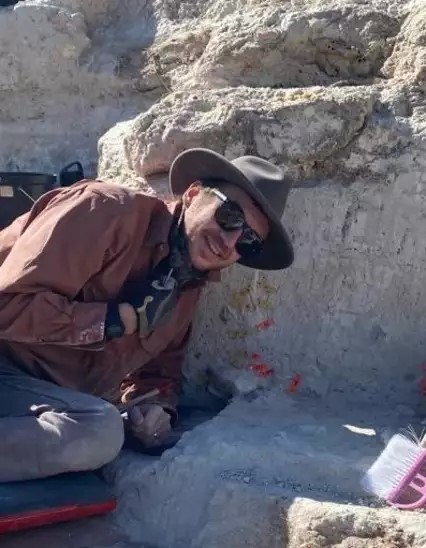Abstract
The transition from the Earlier Stone Age (ESA) to the Middle Stone Age (MSA) during the Middle Pleistocene (~770-126 ka) in Africa represents a crucial period in human behavioural and cultural evolution. However, our understanding of the timing and nature of the ESA-MSA transition remains limited due to the rarity of archaeological sites and the complexities of site formation processes at this time depth. In southern Africa, the transition to the MSA is documented at a series of sites in the Highveld interior of South Africa and likely dates to between ~500-300 thousand years ago (ka). In contrast, very little is known about the terminal ESA and the emergence of the MSA along the southern coast of Africa, despite the archaeological record of this region documenting some of the earliest evidence for modern human behaviours. Recent excavations at Amanzi Springs, a complex of 12 springs located at the eastern extent of the Cape Fold Belt along the southern coast, have revealed a series of Late Acheulian to early MSA assemblages within stratified deposits covering the period from Marine Isotope Stage (MIS) 13 to 5. The unique depositional context and groundwater chemistry of the springs have preserved botanical remains, including wood, along with the stratified artefact accumulations. Analysis of the lithic assemblages have provided our first insights into the transition from the ESA to the MSA in this region. The early MSA at Amanzi Springs is characterised by changing patterns of raw material use, the introduction of recurrent Levallois methods, and the shift from the manufacture of Large Cutting Tools (LCT) towards the production of predetermined flake blanks. There is also evidence for technological continuity in core reduction strategies between the late Acheulian and early MSA, highlighting the regionally variable and complex nature of technological change during this period.
About the Presenter

Alexander F. Blackwood (Ph.D. 2022, La Trobe University) is an archaeologist and Post-Doctoral Research Fellow with the Human Palaeosystems Group at the Max Planck Institute for Geoanthropology in Jena, Germany. Alex’s research is focused on the evolution of human behaviour and stone tool technologies across the transition from the Earlier to Middle Stone Age in Africa. He is a co-investigator on the Amanzi Springs Archaeological Project in the Eastern Cape Provence, South Africa.
About Archaeology Working Papers
The Working Papers in Archaeology seminar series provides a forum for dissemination of archaeological research and ideas amongst UQ archaeology students and staff. All students are invited to attend the series and postgraduate students, from honours upwards, are invited to present their research. The aim is to provide opportunities for students, staff and those from outside UQ, to present and discuss their work in an informal environment. It is hoped that anyone interested in current archaeological directions, both within and outside the School and University, will be able to attend and contribute to the series.
